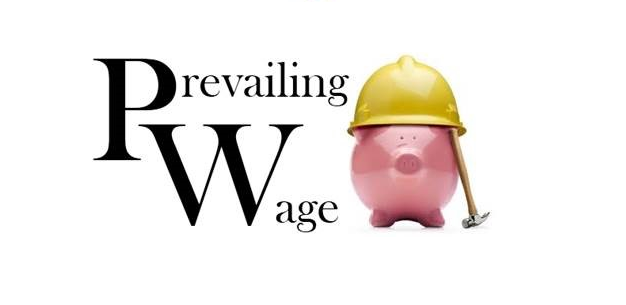Prevailing Wage in the News

On June 6, 2018, the Michigan Legislature voted to repeal Michigan’s existing prevailing wage law. The employment law attorneys at Gold Star Law are here to explain what that means.
The prevailing wage law, which was established in 1965, applied to employees in the construction industry who worked on state-funded projects. Under this law, Michigan’s Wage and Hour Division would set the hourly rate, or prevailing wage, at which the construction workers would have to be paid, with different rates of pay established for each job classification. The prevailing wage was determined through a compilation of rates contained in the collective bargaining agreements which covered the locations of the state sponsored projects. This essentially required employers to pay union wages to non-union employees.
With the prevailing wage law now repealed, the covered employers no longer have to pay their employees the prevailing wage. Employers will now have the authority to determine the rates that they pay their employees regardless of whether or not the job is state financed. However, employers still have to pay their employees in compliance with the minimum wage and overtime requirements as defined in Michigan’s Workforce Opportunity Wage Act. So even though there is no more prevailing wage under Michigan law- which may have guaranteed certain workers doing certain jobs more than minimum wage- there is a still a minimum hourly rate which workers must be paid. As of January 1, 2018, the minimum wage in Michigan is $9.25 per hour. Most Michigan workers are entitled to at least that much for all hours worked, and one and one-half their regular rate of pay for hours worked in excess of 40 per week, with several exceptions. If you are being paid less than minimum wage call Gold Star Law today for a free consultation.


